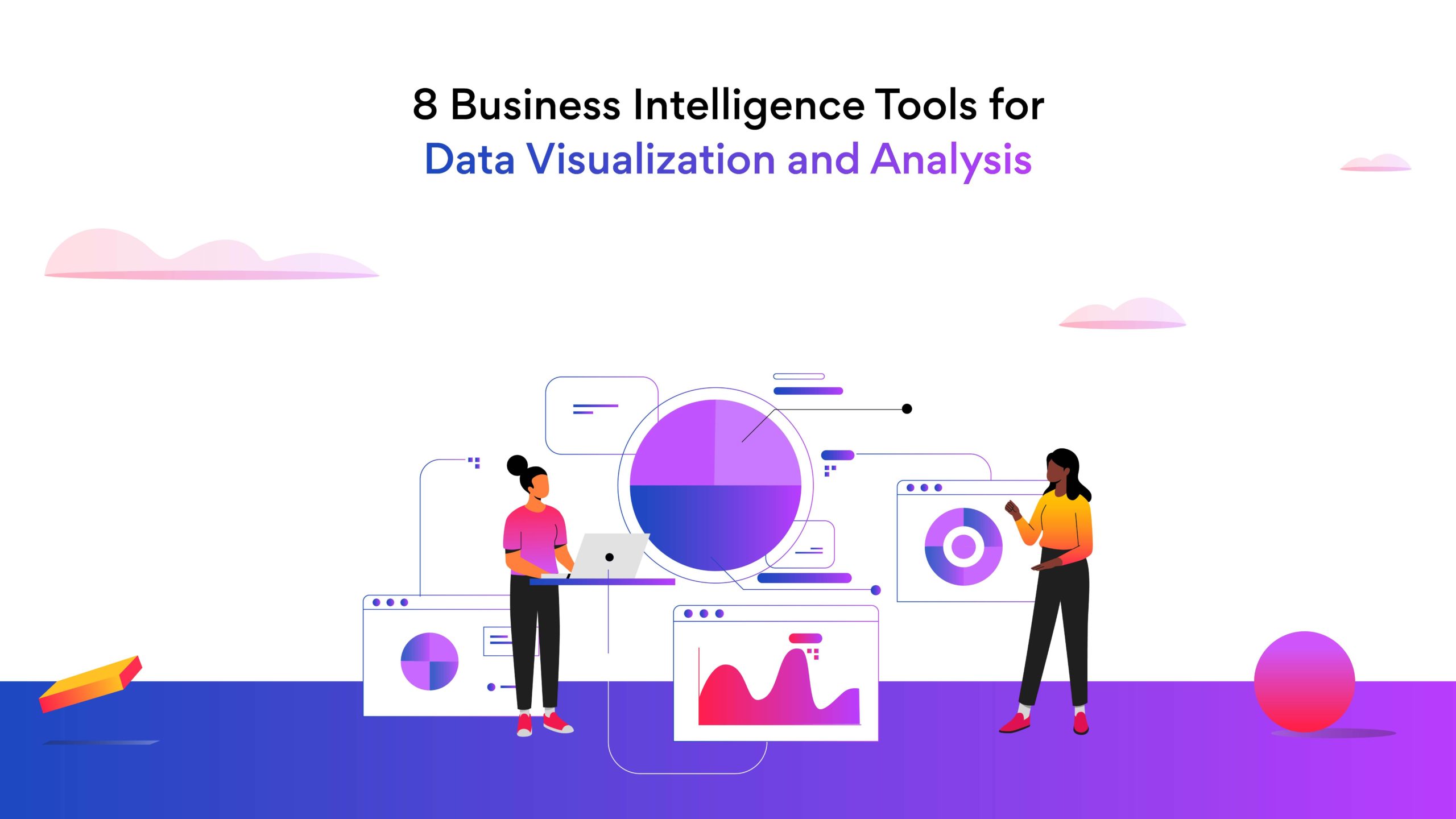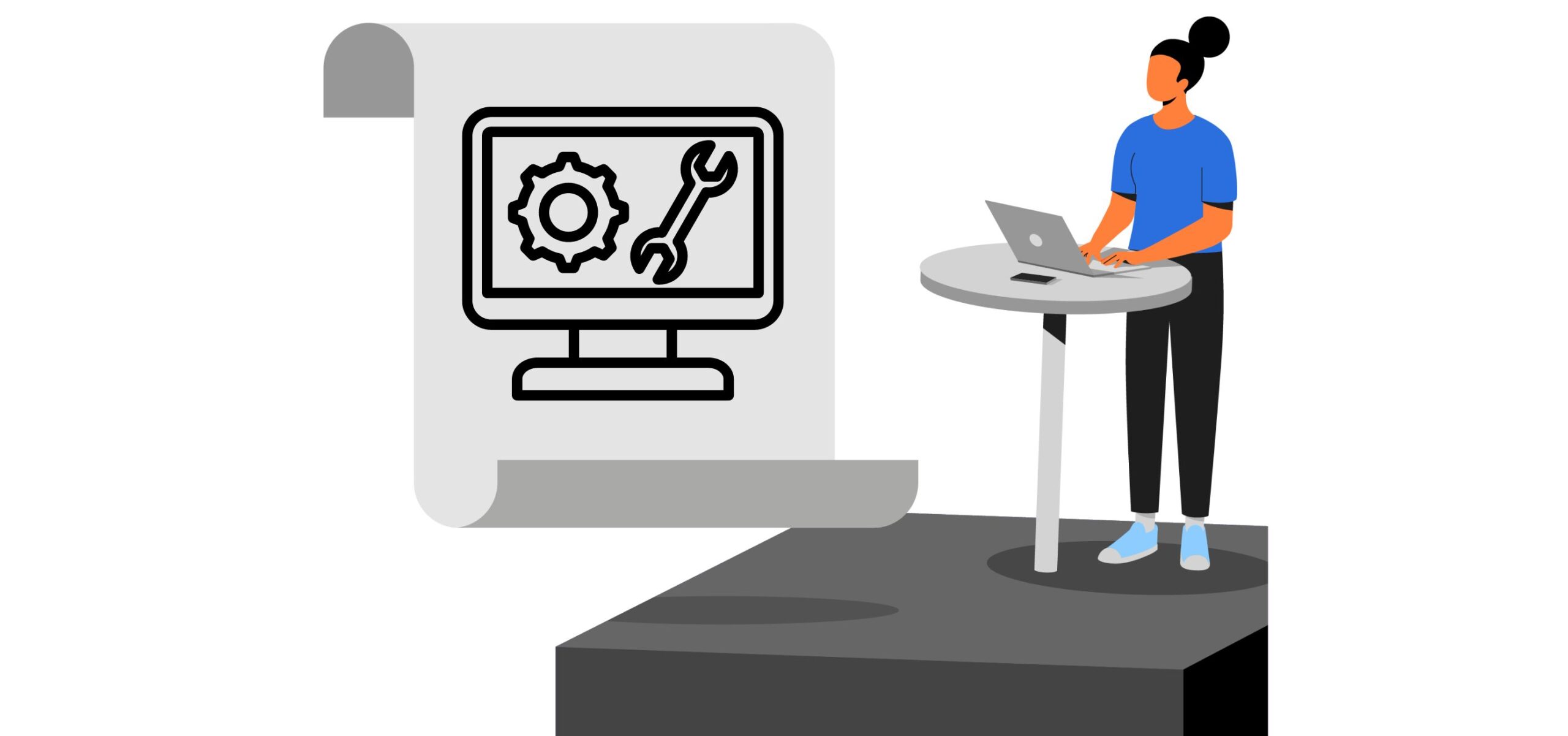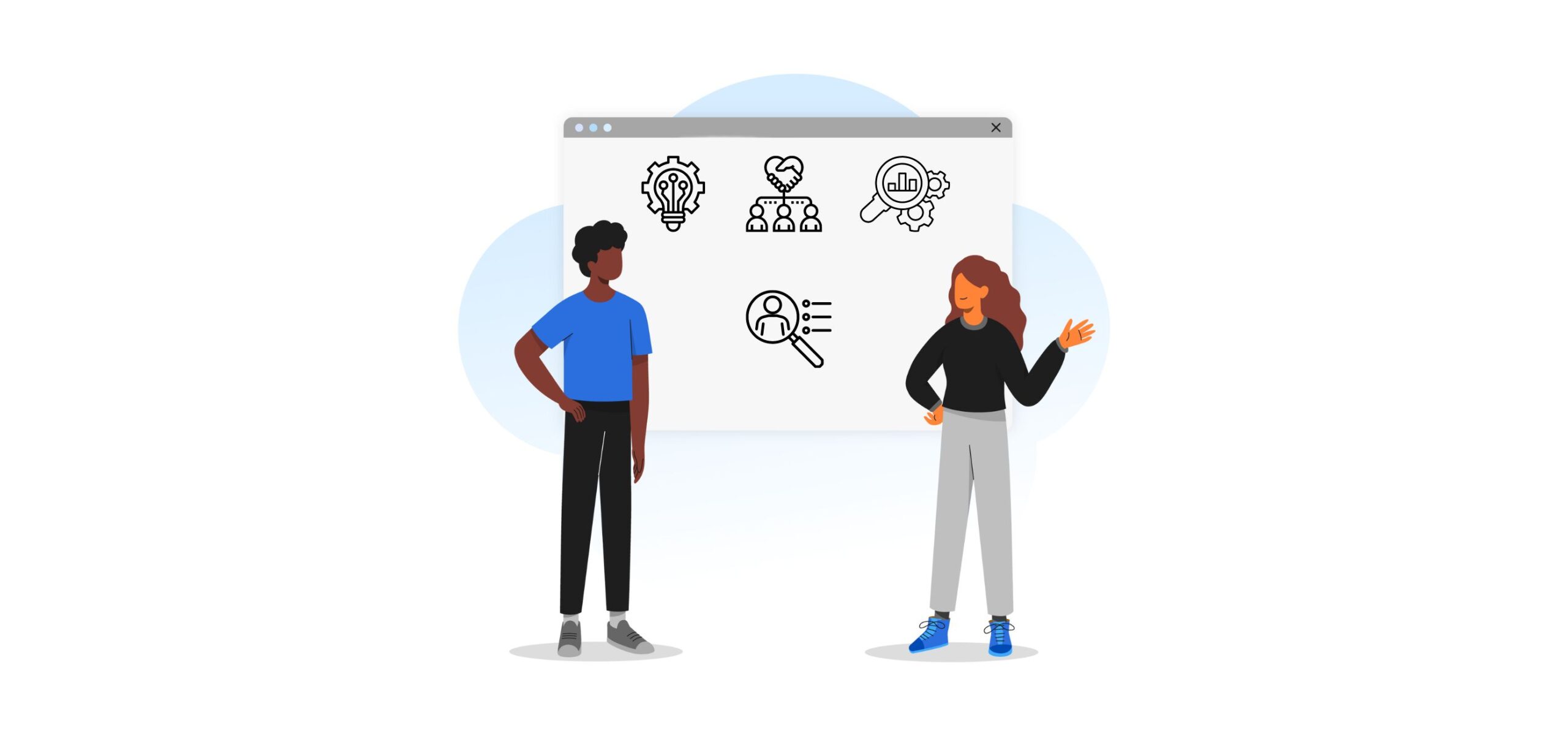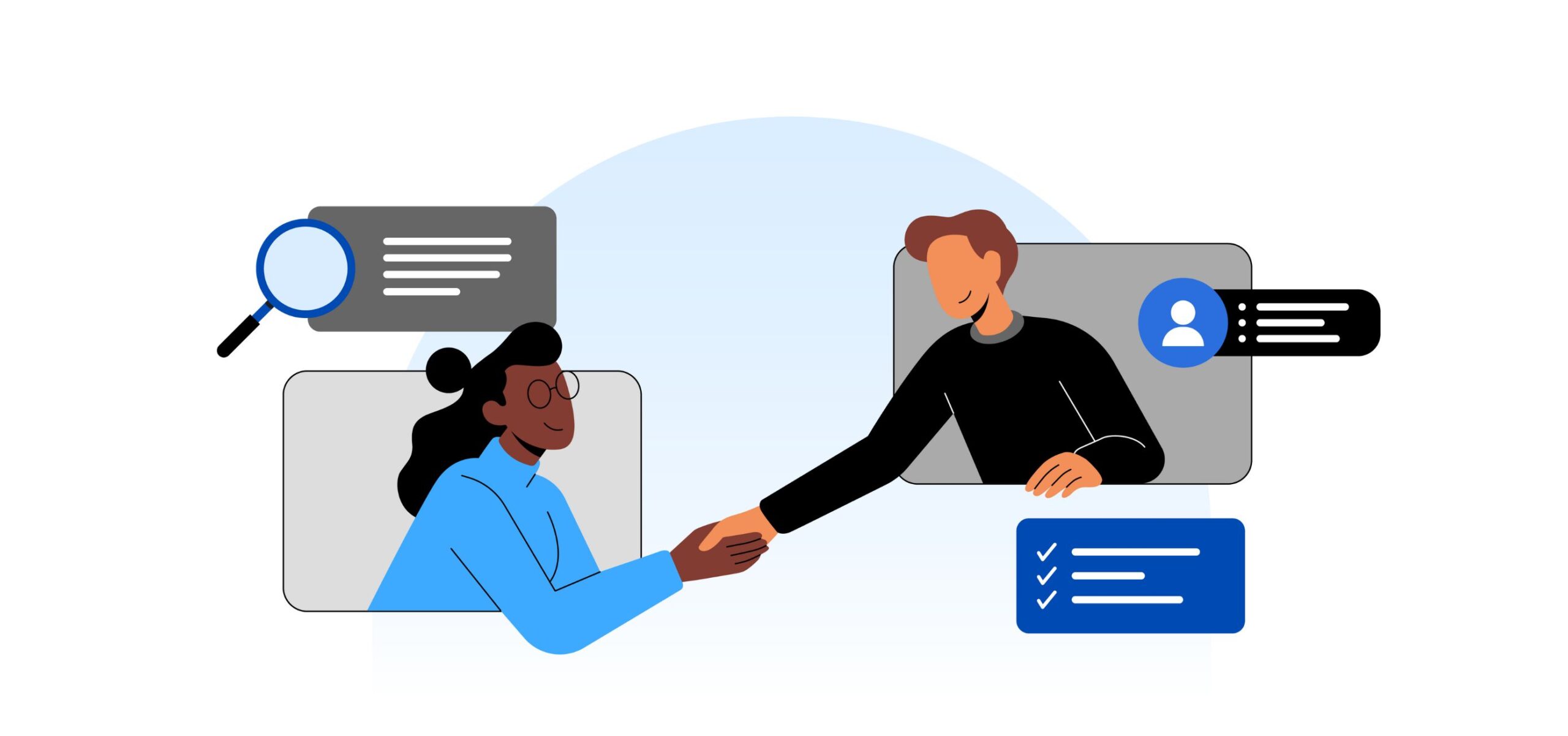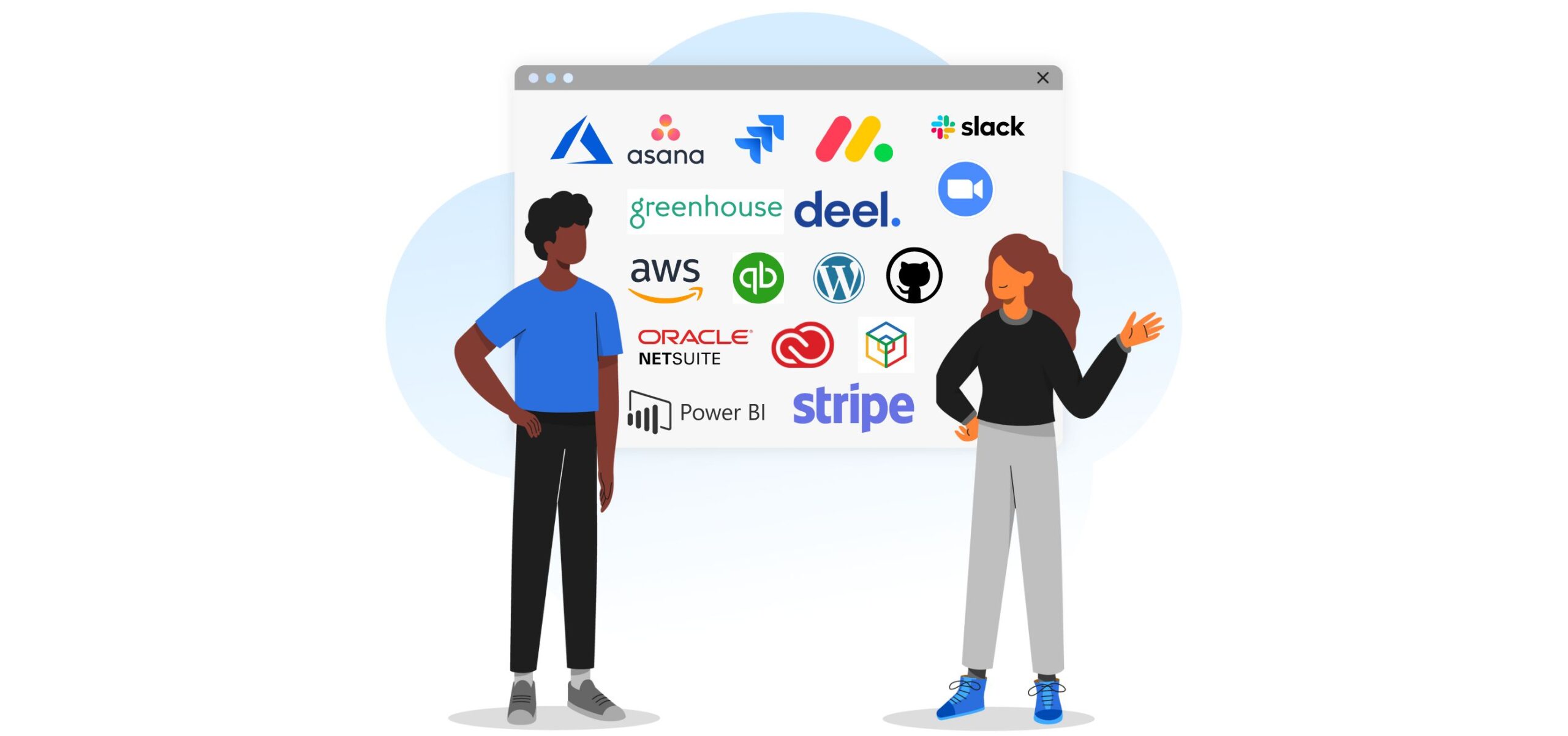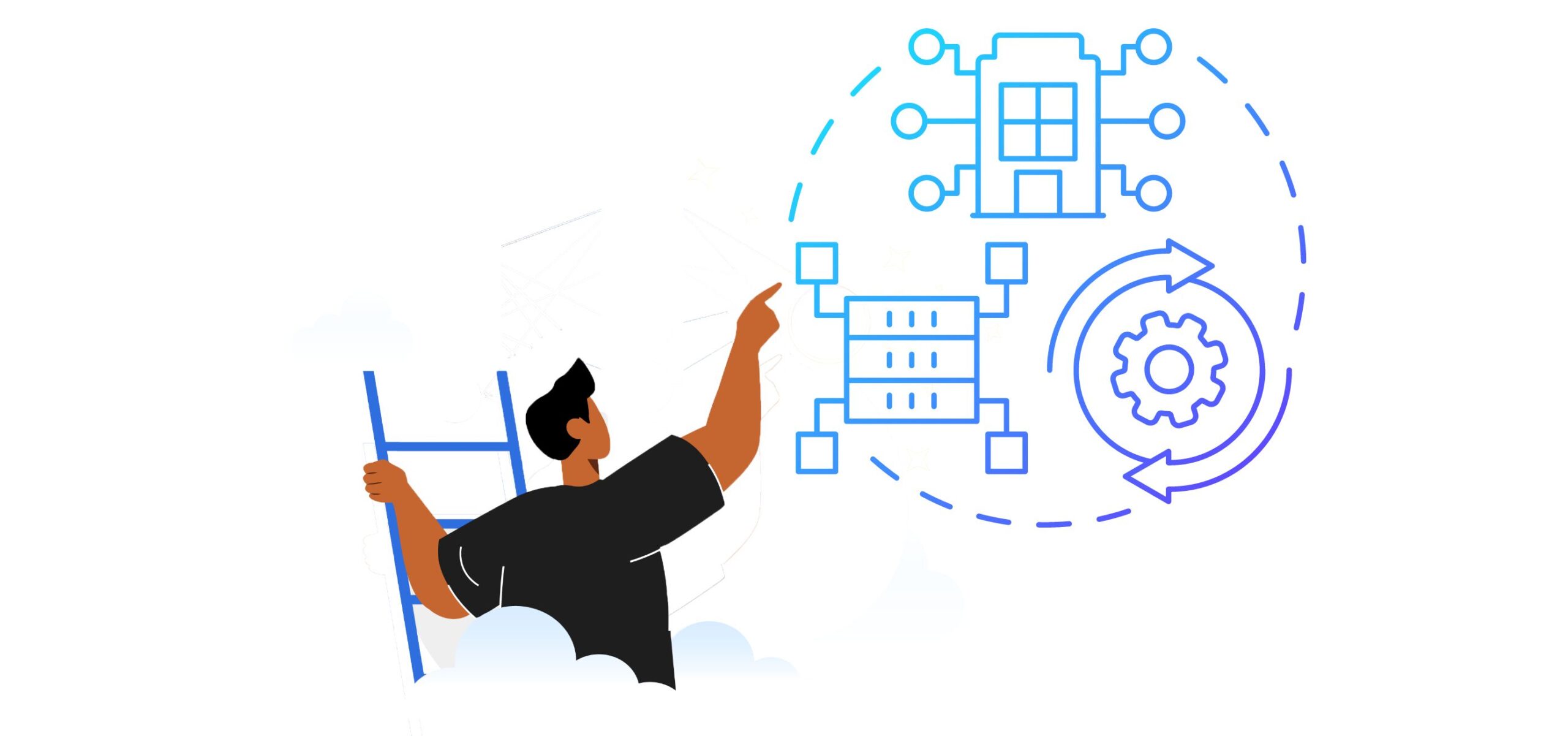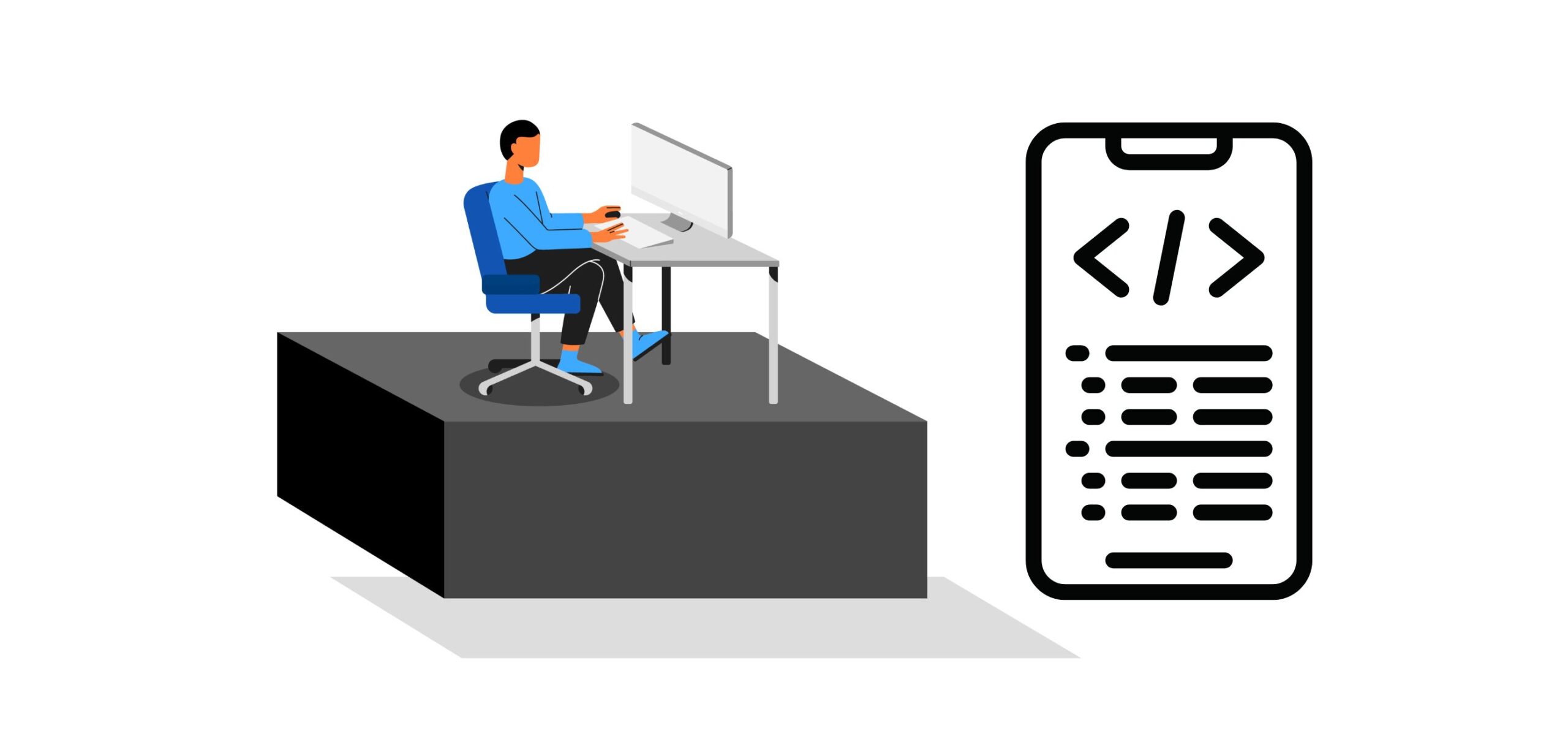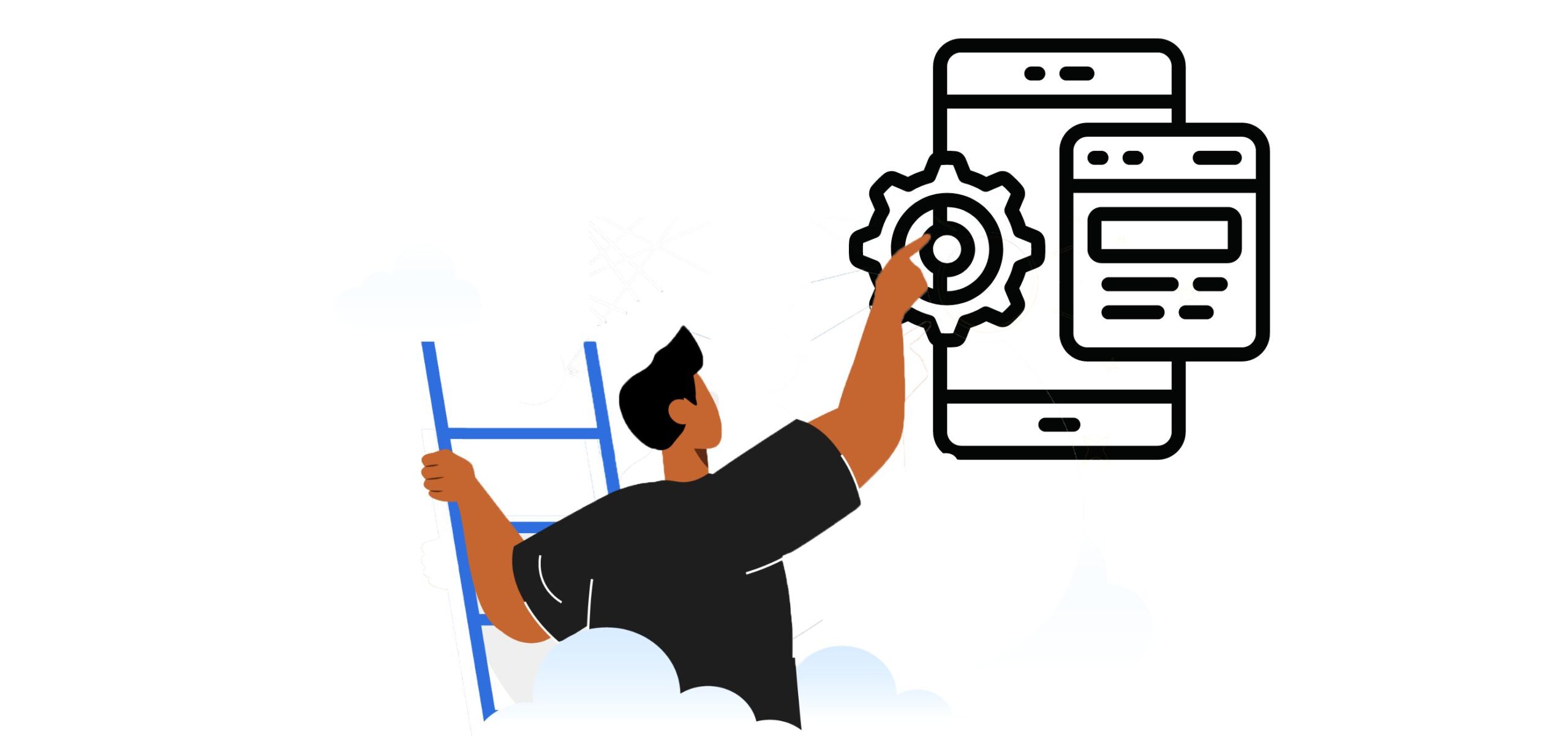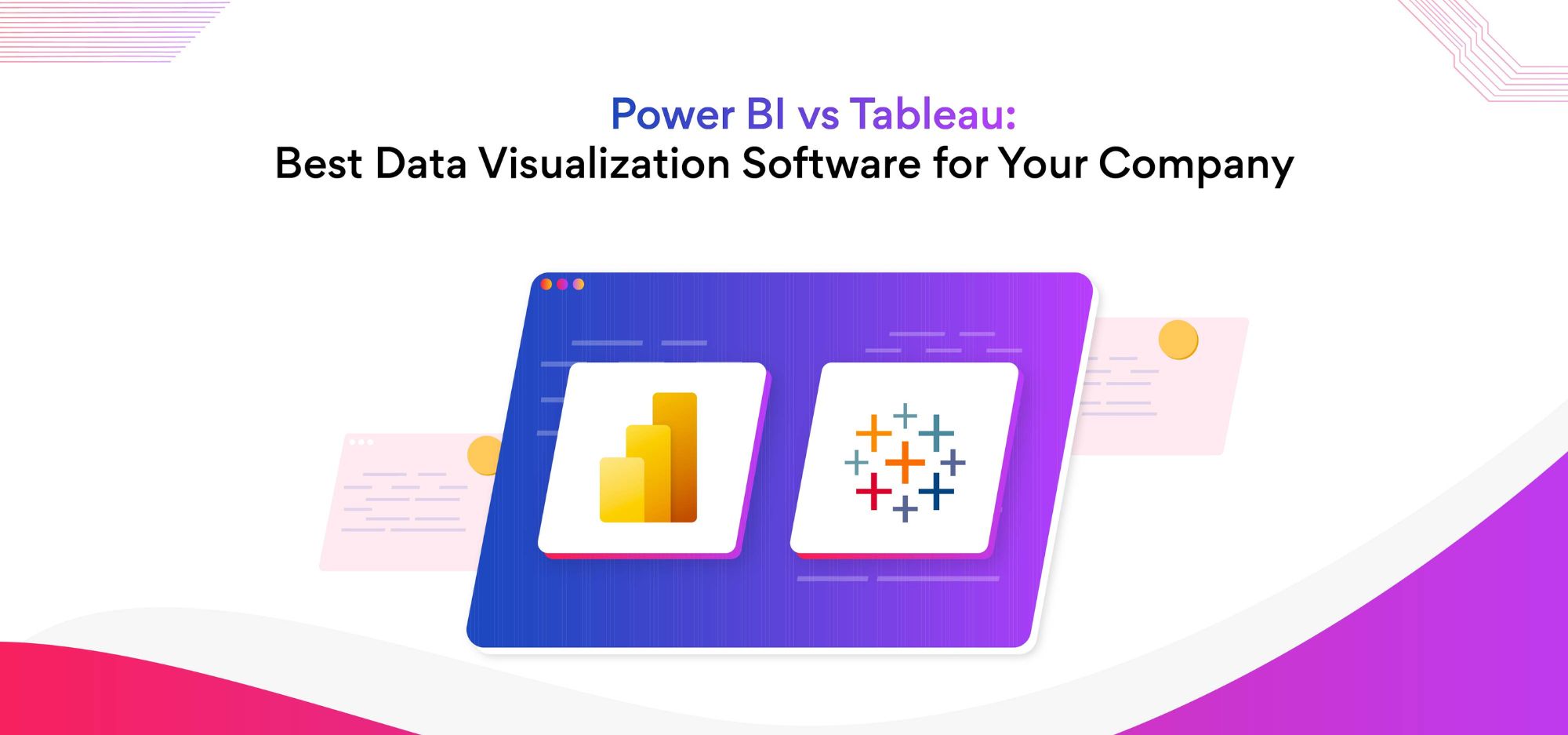8 Business Intelligence Tools for Data Visualization and Analysis
What are business intelligence tools? Business intelligence tools are types of application software that can gather and analyze a large amount of unorganized data into useful information. These tools can organize data in the form of key performance indicators, collaborative reports, interactive dashboards, and more. Also, organizations can deduce actionable insights, set achievable goals, and identify new growth opportunities with the help of data visualization and analytics available on these tools.
These days business intelligence tools are in high demand for organizations looking to develop successful business strategies from gathered data. Business intelligence tools offer two main features- data analysis and data visualization.
Data visualization tools present data in the form of pie graphs, flow charts, highlight tables, stack columns, and choropleth maps among others. Similarly, data analysis tools integrate seamlessly into existing databases to extract and process relevant data.
With hundreds of business intelligence tools available in the market today, choosing the right can be challenging. In this post, we list eight business intelligence tools for excellent performance and usability.
- Tableau
Tableau is one of the most widely used business intelligence tools. A technical background is not necessary to create customized reports and dashboards using Tableau. Additionally, this tool offers a wide variety of aesthetic graphical representations.
Tableau primarily performs two tasks: data collection and data analysis. It collects information from various sources, including cloud applications and spreadsheets. Popular institutions and companies that use Tableau include The World Bank, Coca-Cola, The New York Times, and Citigroup.
Features of Tableau
Predictive analysis
Automatic data updates
Easy to deploy on local and cloud servers
Multipurpose dashboard
Huge collection of visualization functions
Community support
Connectivity with diverse data sources - Sisense
Sisense is another popular BI and data visualization tool that helps collect, analyze and visualize datasets. Data is centralized in Sisense; this feature reduces the data processing time. The tool also allows you to combine data from multiple sources for better analysis.
With Sisense, you can access several dashboard widgets to filter complex data from different data sources without writing SQL queries. Popular institutions and companies that use Sisense include Nasa, Sony, Skullcandy Philips, and Samsung.
Features of Sisense
Unlimited dashboards
Export data to Excel, CSV, PDF, etc.
Single sign-on authentication
Set alerts
Seamless data integration
Connects to SQL and NoSQL databases
Related Post: PostgreSQL vs MySQL: Which Is the Right Open Source Database for Your Business - PowerBI
PowerBI is a business intelligence tool that utilizes connectors with software to extract easy-to-understand insights from raw data. PowerBI fully integrates with the entire Microsoft ecosystem including Azure, Office 365, Dynamic 365, purpose-built apps, and more. Also, for Windows users, PowerBI is free to use for up to two GB.
PowerBI is known for the smooth handling of data and excellent modeling capabilities. Also, you can create collaborative workspaces to share reports. Popular companies using PowerBI include EY, KPMG, PWC, Nestle, and Nokia.
Features of PowerBI
Wide range of data visualization features
Customizable dashboards
Dataset filtration
Natural language Q&A box
Online analytical processing
Trend indicators
Navigation pane
Feedback buttons
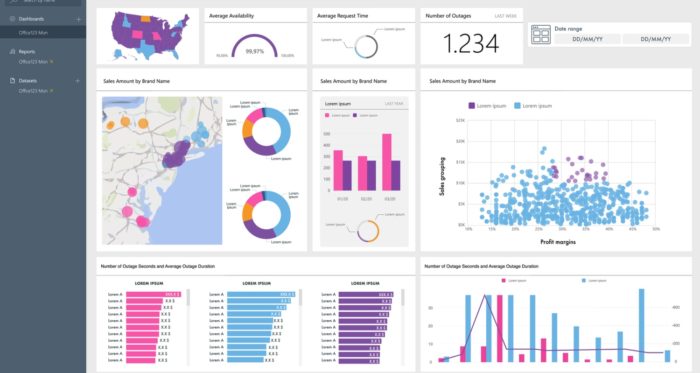
Power BI is a business intelligence tool that helps you analyze and visualize data.
- QlikSense
QlikSense earlier known as QlikView is unlike other traditional business intelligence tools. QlikSense offers seamless integration of the analytical back-end with a user-friendly front-end.
Businesses can convert processed data to visual models using QlikSense. Also, this tool allows you to create interactive data visualizations, conduct detailed data analyses, build dashboards and prepare informative reports.
Features of QlikSense
Drag and drop data visualization feature
Associative analytics engine
Geospatial analysis
Mobile analytics
Timely alerts
Secure enterprise-scale catalog - Yellowfin BI
Yellowfin BI is a business intelligence software that helps businesses obtain augmented analytics. One of the unique features of Yellowfin BI is the data storytelling tool that presents data in the form of an engaging story.
Yellowfin BI offers AI-powered dashboards that help you make smarter and faster collective actions. Also, the Yellowfin BI dashboard is easily accessible from anywhere including mobile and the company intranet.
Features of Yellowfin BI
Data filtering
Integration APIs
Data modelling
Stunning graphs and charts
Designer reports
Data querying - Domo
Domo is an important business intelligence tool that offers complete data and visualization solutions. By seamlessly integrating Domo with different data sources, businesses can track and create reports for different segments.
Domo offers pre-built visualization formats like heatmaps, column charts, scatter plots, and others. Also, extensive documentation and training are available for developers who want to use this business intelligence software.
Features of Domo
ETL scheduler
Data blending
Customizable dashboards
Report templates
Drill down analysis
Delivery scheduling
Multi-user support
Responsive design - Datapine
Among secure business intelligence tools, Datapine stands tall. Datapine offers a wide range of data connectors that help you connect with several data sources. This tool helps in gathering and preparing different datasets quickly.
Interactive dashboards offered by Datapine help businesses track the real-time performance of different market segments and make informed decisions. Other notable features of the Datapine dashboard include cross-device accessibility, animation options, data alerts, and multiple sharing options.
Features of Datapine
Trend problem indicators
Scorecards
Third-party integration
Predictive analysis
Mobile dashboards
Related Post: Ten Best Low Code Platforms to Use in 2022 - Visual.ly
Visual.ly is one of the best data visualization tools renowned for high-quality graphics. Visual.ly offers a dedicated team of professionals that can create stunning projects for your organizations.
Businesses can check the progress of any project at each stage and give real-time feedback. Also, they can submit gathered data and insights through forms on this data visualization platform.
Features of Visual.ly
Rich videos
Detailed infographics
Comprehensive presentations
Meticulous reports
Motion Graphics
A suite of business intelligence features
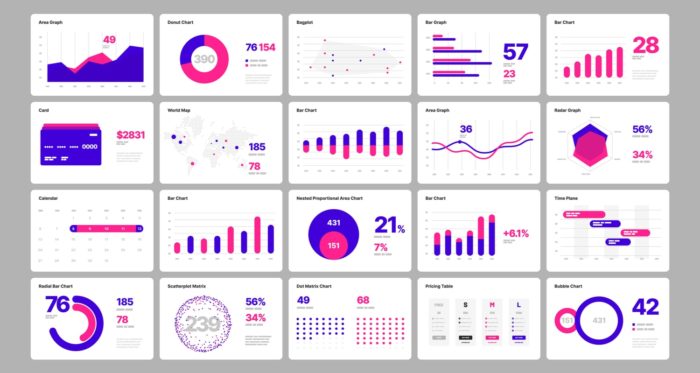
Visual.ly offers a wide range of data visualization features.
Summary
Today, business intelligence tools and data visualization platforms are integral for the growth of any business. Organizations must evaluate the pros and cons of such tools to pick the best one as per their needs. Apart from the features of data visualization platforms and business intelligence tools, organizations must also consider the scope of the project and its goals.
Are you well-versed with business intelligence tools and data visualization software?
Try Turing.
Turing offers remote software developer jobs with long-term career growth and unmatched compensation in top U.S companies. Visit our Jobs page to know more.
FAQs
- What are business intelligence tools?
Business intelligence tools are a type of application software that can collect and process a large amount of unstructured data for actionable insights that businesses can leverage. For example- Datapine, Yellowfin BI, and Qliksense among others. - What are data visualization tools?
Data visualization tools are software applications that present data in the form of visually engaging formats like pie graphs, charts, tables, heatmaps, etc. - Does QlikSense use SQL?
Yes, QlikSense uses all valid SQL queries.
Join a network of the world's best developers and get long-term remote software jobs with better compensation and career growth.
